Is that controversial? Maybe so.
Before I explain further, a disclaimer: I haven't read the novel at issue. I can't say whether I'd love, hate, or be indifferent to it. I don't know whether I'd cheer its message or be horrified by it -- or whether, in fact, it has a message. I don't know (or know anything about) the book's author. I do, however, agree with the sentiment that "A writer shouldn't be punished for his political beliefs."
| August 14-18, 2014 |
Is it human nature to favor the work product of people with whom we agree? Sure. To shun the work product of those with whom we differ? Ditto. Can those instincts sometimes deprive of us literature, movies, TV ... that we might otherwise enjoy -- and that might even cause us to rethink our preconceptions? Also true. That's one reason I try to stay unaware of the political leanings of writers, actors, and directors.
| Looking ahead |
Beyond fascinating speculation about technologies that we might see fifty years hence (excellent source material for any SF author), the issue's editorial cites SFnal icon Isaac Asimov on the perils of prediction. The issue also includes the dark, thought-provoking short story "Someone to Watch Over Me” by award-winning SF writer Nancy Kress. In an online companion piece, the magazine offers, "How Science Fiction Helps Us Rehearse for the Future: the author of “Someone to Watch Over Me” explains why sci-fi is more important than fantasy."
While we're in a genre-introspective mode, let's also consider io9's list of "21 Books That Changed Science Fiction And Fantasy Forever." I've read a majority of the 21; based on that sample, it's a great list. (But as for Samuel R. Delaney's Dhalgren, I'm with Philip K. Dick, who once called it "the worst trash I've ever read." Except, unlike Dick, I couldn't even make it through. Curiously, none of Dick's own works made this list.)
Till next time ...





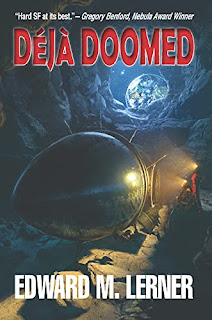
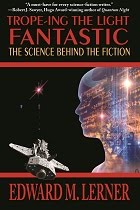


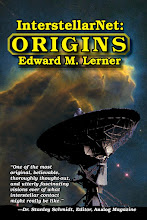



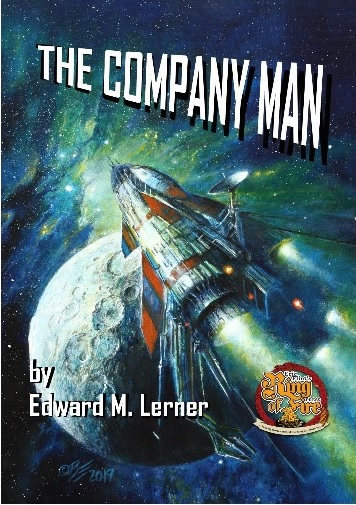








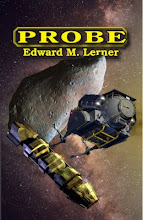






1 comment:
There certainly is a fashion trend in writing, which right now seems to run in the direction of political correctness and distopian societies brought on by Western technology. Politics plays into this and people can become uncomfortable with ideas that threaten their comfortable inertia. Machiavelli's, "The Prince", was an attempt to address the effectiveness of manipulation. It angered many people because they didn't want to believe they were being manipulated. Even reading this book today, in many colleges, is seen as something akin to advocating for Hitler's "Mein Kampf'. Stephen King lamented that some of his despicable characters were too believable for some readers and earned him hate mail.
Post a Comment